Dans le domaine de la recherche scientifique, il existe des sommités qui non seulement font avancer les frontières de la connaissance, mais qui inspirent et guident également des générations de chercheurs. Roland Glowinski, une sommité dans tous les sens du terme, incarne cette rare combinaison de travaux de pionnier et de mentorat.
Ancien élève de l'École polytechnique et docteur de l'université Paris VI (aujourd'hui Sorbonne Université), le parcours de Roland dans le monde universitaire et de la recherche a été marqué par un engagement inébranlable en faveur des normes les plus élevées en matière d'innovation. Après des débuts à l'Office de Radiodiffusion-Télévision Française, il devient professeur à l'Université Paris VI en 1970.
Gravissant rapidement les échelons de la reconnaissance, il a pris la direction du laboratoire de calcul scientifique de l'IRIA, aujourd'hui INRIA, en 1976, puis a occupé une série d'autres postes prestigieux, notamment celui de directeur du CERFACS en 1992-1994 et le poste de professeur de mathématiques Cullen à l'université de Houston en 2015, jusqu'à son décès en 2022.
Le spectre des contributions de Roland est vaste et complexe. En voici quelques-unes (une description beaucoup plus complète est disponible à l'adresse suivante : https://comptes-rendus.academie-sciences.fr/mecanique/articles/10.5802/crmeca.169/).
Ses travaux fondamentaux sur les algorithmes de décomposition de domaine témoignent de son esprit pionnier. C'est cette approche visionnaire qui lui a valu du prestigieux prix Cray. Le terrain des méthodes de domaines fictifs dans la formulation lagrangienne, exploré avec la même maîtrise, a permis à Roland de jeter un pont très important entre les fondements théoriques et les applications pratiques.
Dans le domaine de la dynamique des fluides, les idées de Roland ont conduit au développement de préconditionneurs robustes pour les équations de Navier-Stokes, annonçant une nouvelle ère dans l'analyse numérique de la dynamique des fluides. Ses travaux sur les fluides viscoélastiques ont donné naissance à de nouvelles méthodes itératives qui permettent de s'attaquer aux problèmes de frontières libres. De même, ses contributions aux problèmes biharmoniques et aux fluides compressibles ont laissé une marque indélébile sur le domaine et ont eu des applications importantes. En particulier, les nouvelles méthodes introduites par Roland pour les problèmes biharmoniques ont été mises en œuvre chez Dassault Aviation et ont constitué un modèle de coopération scientifique fructueuse.
L'incursion de Roland dans le domaine de la théorie du contrôle a conduit à des avancées révolutionnaires dans les problèmes hyperboliques. Il a été le premier à souligner que les schémas numériques convergents habituels ne convergent pas pour le problème de la contrôlabilité : ils ne donnent pas un contrôle permettant de passer d'un état donné à la cible souhaitée. Roland a donné l'explication (l'apparition dans le schéma numérique de hautes fréquences parasites, qui interfèrent de sorte que la vitesse de groupe du modèle discret peut disparaître ou être faible) et des remèdes puissants (une approche à deux grilles et des méthodes de filtrage).
Une autre réalisation captivante de Roland réside dans son approche innovante des problèmes fluides-structures, une prouesse qui a permis de résoudre numériquement l'écoulement complexe de fluides autour de milliers de boules solides en suspension. L'élégance de sa formulation lagrangienne, où les lois de Newton s'entremêlent harmonieusement avec la formulation variationnelle, témoigne de son ingéniosité. Avec cette approche, il n'est pas nécessaire de distinguer les boules solides du fluide.
Roland Glowinski est également très reconnu pour ses contributions au calcul parallèle et à la méthode des éléments finis, en particulier dans le domaine de la résolution de problèmes non linéaires.
Le parcours de Roland Glowinski est jalonné de récompenses, notamment le prix Seymour Cray, le prix Marcel Dassault, le prix W.T. et Idalia Reid, et son appartenance à l'Académie française des sciences, à l'Académie française des technologies et à l'Academia Europaea.
Cette collection virtuelle contient les travaux de Roland Glowinski publiés dans les Comptes Rendus, les travaux publiés dans les Comptes Rendus qui ont été directement influencés par les réalisations de Roland Glowinski, et le numéro spécial des Comptes Rendus Mécanique "L'héritage de Roland Glowinski". En tournant les pages de ce volume consacré à Roland Glowinski, nous célébrons un grand scientifique dont l'héritage est profondément gravé dans les annales des mathématiques appliquées et de la mécanique computationnelle. C'est avec une profonde gratitude que nous rendons hommage à une personne qui nous montre la voie à suivre.
Jean-Michel Coron
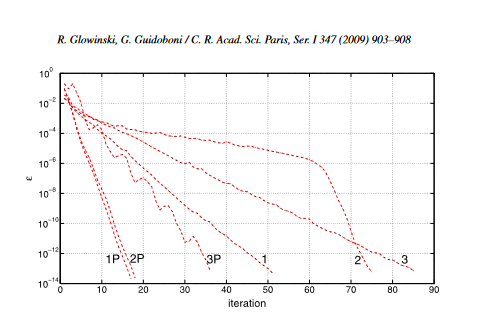 | Glowinski, Roland; Guidoboni, Giovanna Comptes Rendus. Mathématique, Volume 347 (2009) no. 15-16, pp. 903-908 |
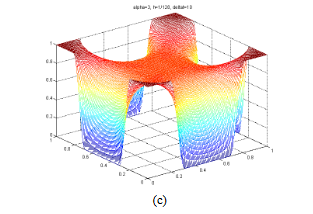 | Dean, Edward J.; Glowinski, Roland Comptes Rendus. Mathématique, Volume 341 (2005) no. 6, pp. 375-380 |
 | Dean, Edward J.; Glowinski, Roland Comptes Rendus. Mathématique, Volume 339 (2004) no. 12, pp. 887-892 |
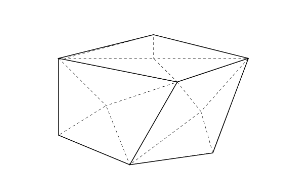 | Calcul du vecteur normal à une surface libre par une méthode mixte d'éléments finis – volumes finis Caboussat, Alexandre; Glowinski, Roland; Sicilian, James M. Comptes Rendus. Mathématique, Volume 343 (2006) no. 6, pp. 431-436 |
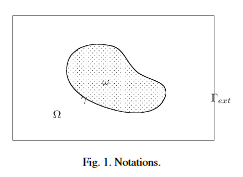 | Glowinski, Roland; Rossi, Tuomo Comptes Rendus. Mathématique, Volume 343 (2006) no. 7, pp. 493-498 |
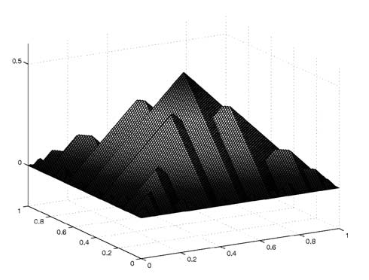 | Dacorogna, Bernard; Glowinski, Roland; Pan, Tsorng-Whay Comptes Rendus. Mathématique, Volume 336 (2003) no. 6, pp. 511-518 |
 | Une méthode multi-domaines pour résoudre numériquement des problèmes elliptiques multi-échelles Glowinski, Roland; He, Jiwen; Rappaz, Jacques; Wagner, Joël Comptes Rendus. Mathématique, Volume 338 (2004) no. 9, pp. 741-746 |
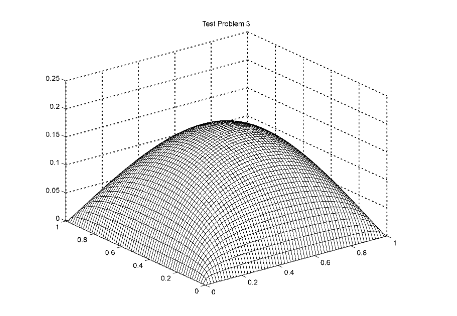 | Dean, Edward J.; Glowinski, Roland Comptes Rendus. Mathématique, Volume 336 (2003) no. 9, pp. 779-784 |
 | Approximation de problèmes elliptiques multi-échelles utilisant des patches d'éléments finis Glowinski, Roland; He, Jiwen; Rappaz, Jacques; Wagner, Joël Comptes Rendus. Mathématique, Volume 337 (2003) no. 10, pp. 679-684 |
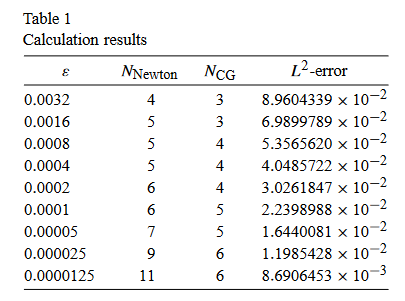 | Sur une méthode de pénalité/Newton et gradient conjugué pour la résolution de problèmes d'obstacles Glowinski, Roland; Kuznetsov, Yuri A.; Pan, Tsorng-Whay Comptes Rendus. Mathématique, Volume 336 (2003) no. 5, pp. 435-440 |
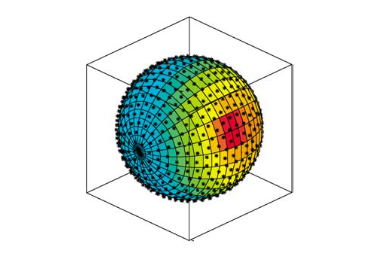 | Pan, Tsorng-Whay; Glowinski, Roland Comptes Rendus. Mécanique, Volume 333 (2005) no. 12, pp. 884-895 |
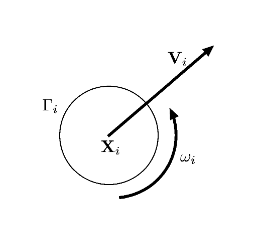 | Viscosité apparente d'un mélange de fluide Newtonien et de particules en interaction Lefebvre, Aline; Maury, Bertrand Comptes Rendus. Mécanique, Volume 333 (2005) no. 12, pp. 923-933 |
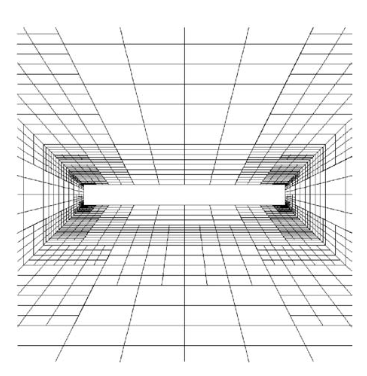 | Heuveline, Vincent Comptes Rendus. Mécanique, Volume 333 (2005) no. 12, pp. 896-909 |
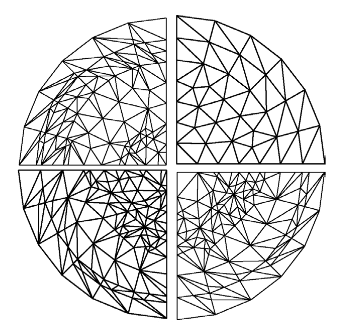 | van Loon, Raoul; Anderson, Patrick D.; Baaijens, Frank P.T.; van de Vosse, Frans N. Comptes Rendus. Mécanique, Volume 333 (2005) no. 12, pp. 856-866 |
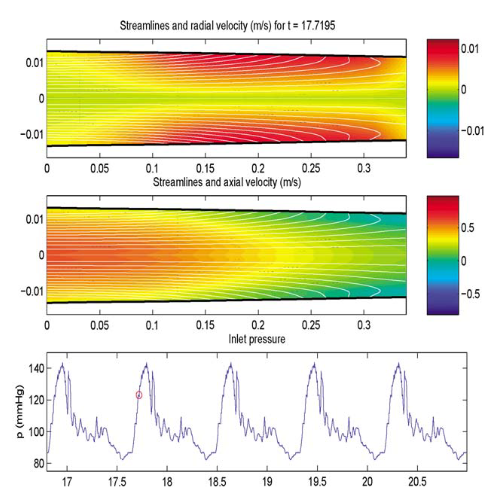 | Čanić, Sunčica; Mikelić, Andro; Tambača, Josip Comptes Rendus. Mécanique, Volume 333 (2005) no. 12, pp. 867-883 |
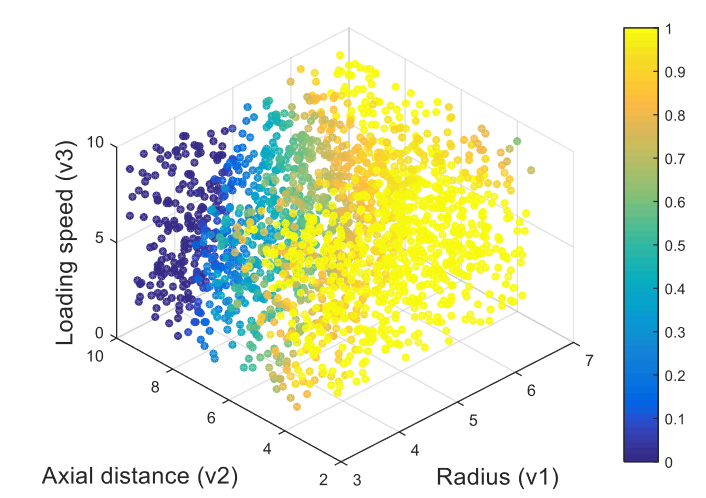 | Gorynina, Olga; Legoll, Frédéric; Lelièvre, Tony; Perez, Danny Comptes Rendus. Mécanique, Volume 351 (2024) no. S1, pp. 479-503 |
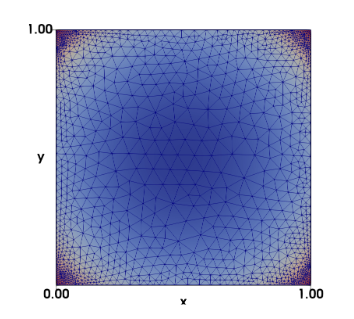 | An adaptive least-squares algorithm for the elliptic Monge–Ampère equation Caboussat, Alexandre; Gourzoulidis, Dimitrios; Picasso, Marco Comptes Rendus. Mécanique, Volume 351 (2023) no. S1, pp. 1-16 |
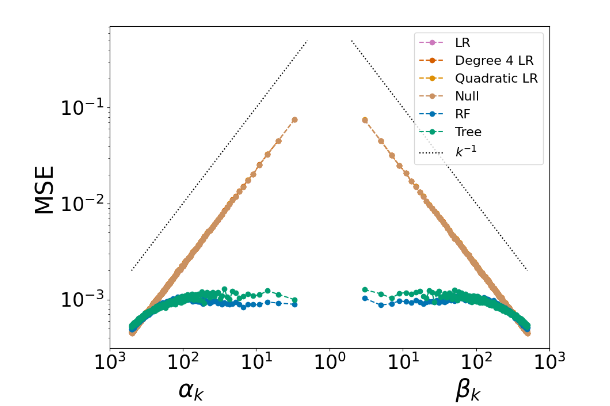 | Approximation compressive non linéaire à base réduite pour les EDP Cohen, Albert; Farhat, Charbel; Maday, Yvon; Somacal, Agustin Comptes Rendus. Mécanique, Volume 351 (2023) no. S1, pp. 1-18 |
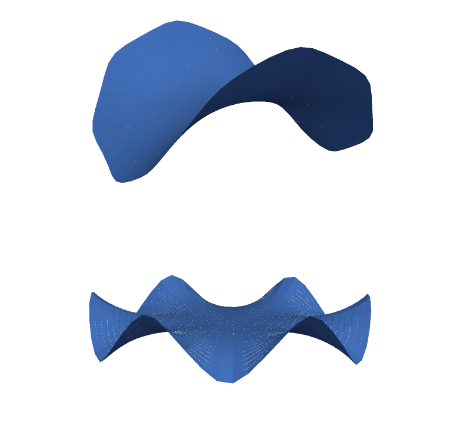 | Numerical approximations of thin structure deformations Bonito, Andrea; Guignard, Diane; Morvant, Angelique Comptes Rendus. Mécanique, Volume 351 (2023) no. S1, pp. 1-37 |
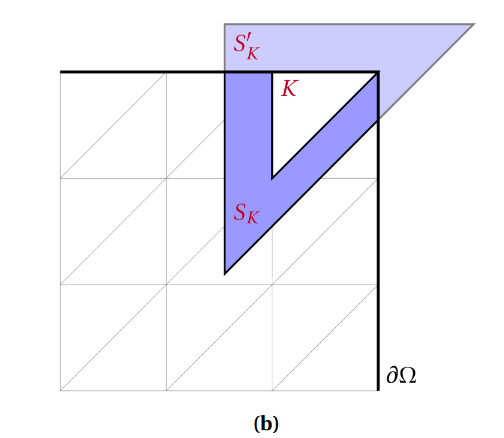 | Non-intrusive implementation of a wide variety of Multiscale Finite Element Methods Biezemans, Rutger A.; Le Bris, Claude; Legoll, Frédéric; Lozinski, Alexei Comptes Rendus. Mécanique, Volume 351 (2023) no. S1, pp. 1-46 |
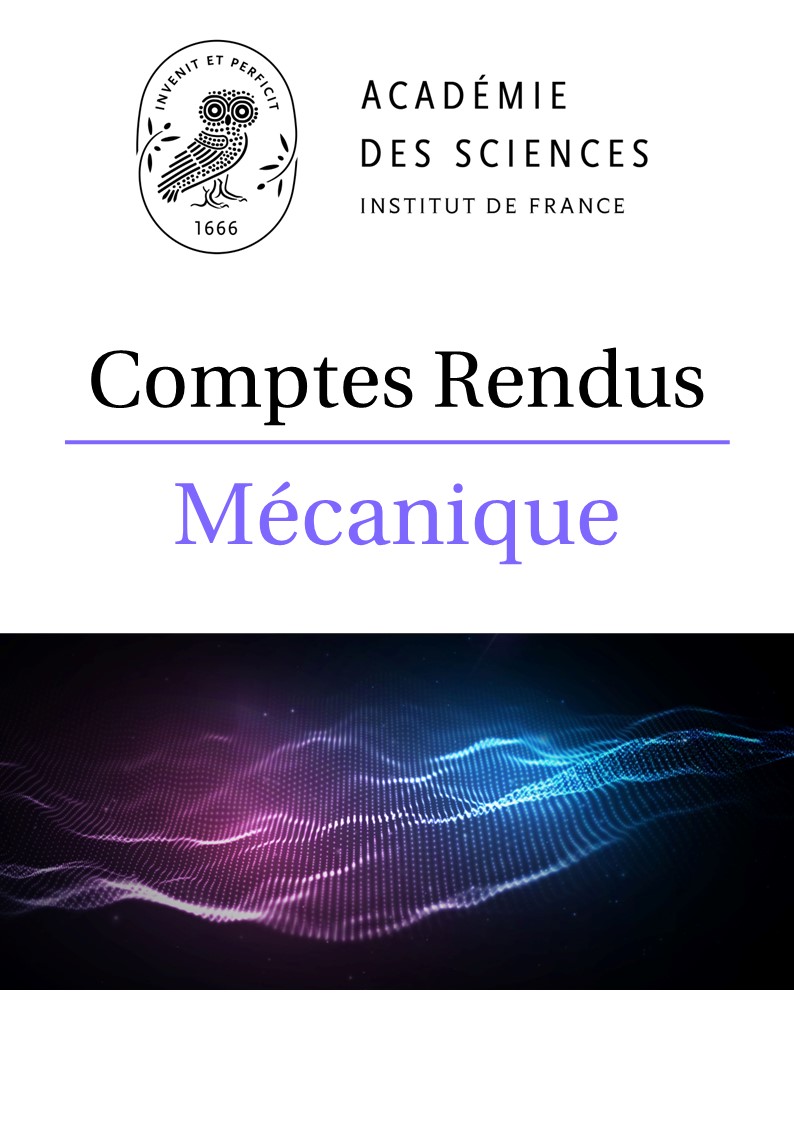 | Optimal feedback control of dynamical systems via value-function approximation Kunisch, Karl; Walter, Daniel Comptes Rendus. Mécanique, Volume 351 (2023) no. S1, pp. 1-37 |
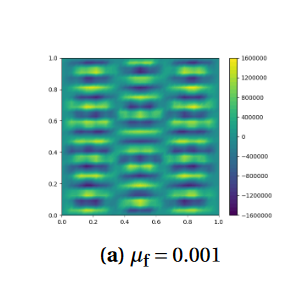 | Numerical analysis of an incompressible soft material poromechanics model using T-coercivity Barré, Mathieu; Grandmont, Céline; Moireau, Philippe Comptes Rendus. Mécanique, Volume 351 (2023) no. S1, pp. 1-36 |
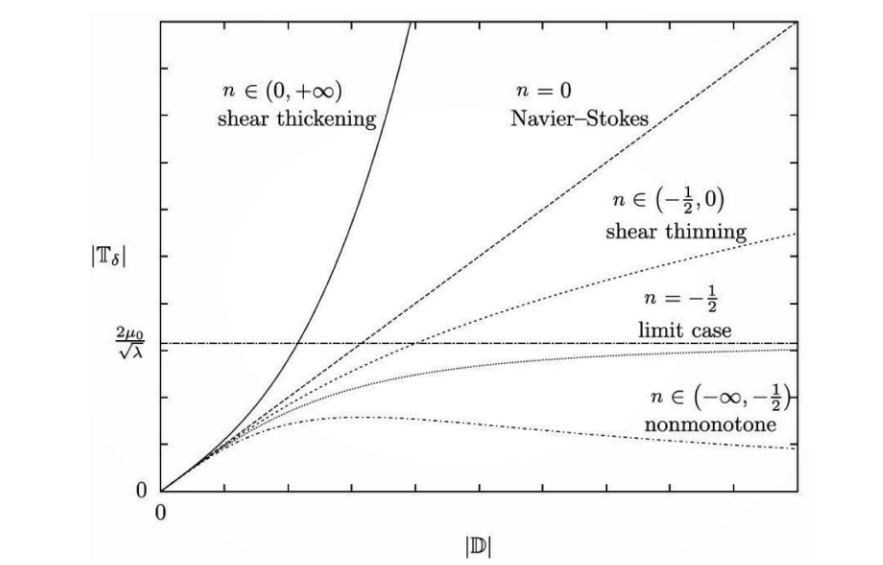 | Rajagopal, Kumbakonam Comptes Rendus. Mécanique, Volume 351 (2023) no. S1, pp. 1-18 |
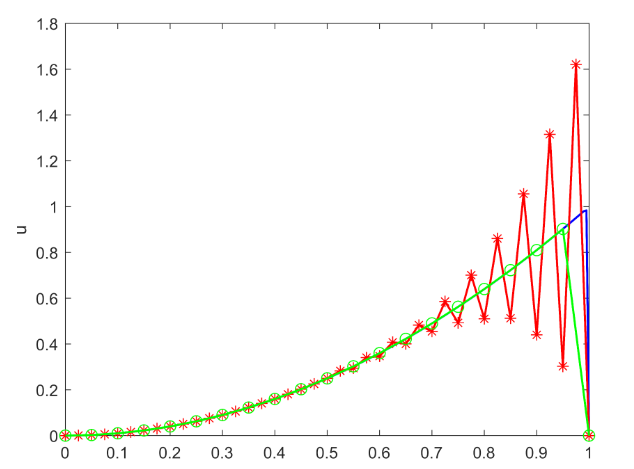 | A posteriori Variational Multiscale Methods for the 1D convection-diffusion equations Chacón Rebollo, Tomás; Domínguez-Delgado, Antonio; Gómez Marmol, Macarena Comptes Rendus. Mécanique, Volume 351 (2023) no. S1, pp. 1-13 |
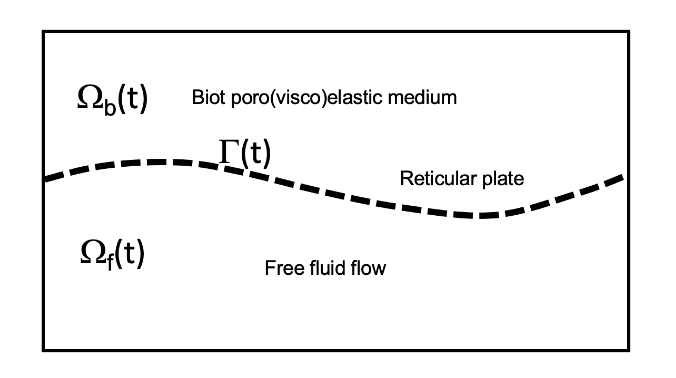 | Kuan, Jeffrey; Čanić, Sunčica; Muha, Boris Comptes Rendus. Mécanique, Volume 351 (2023) no. S1, pp. 1-30 |
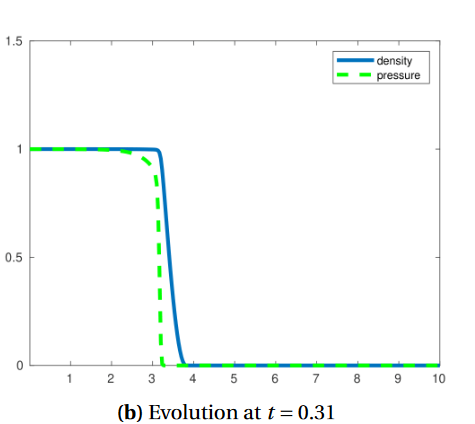 | Saut de pression et solutions stationnaires radiales de l’équation dégénérée de Cahn–Hilliard Elbar, Charles; Perthame, Benoît; Skrzeczkowski, Jakub Comptes Rendus. Mécanique, Volume 351 (2023) no. S1, pp. 1-20 |
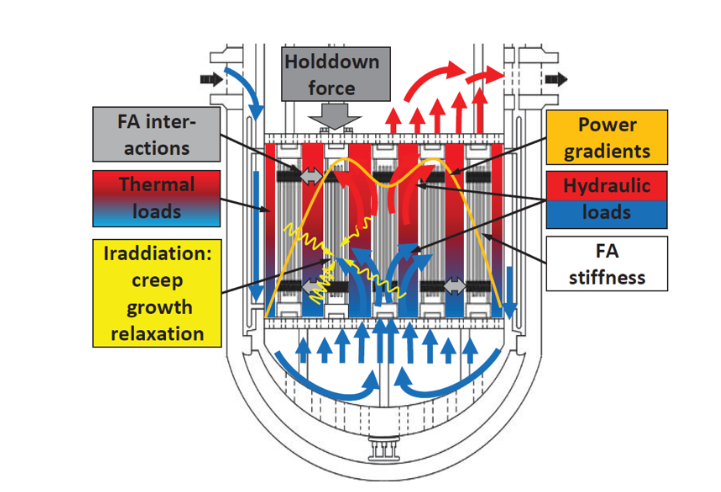 | De la décomposition de domaine à la réduction de modèle pour les grandes structures non linéaires Leturcq, Bertrand; Le Tallec, Patrick Comptes Rendus. Mécanique, Volume 351 (2023) no. S1, pp. 1-17 |
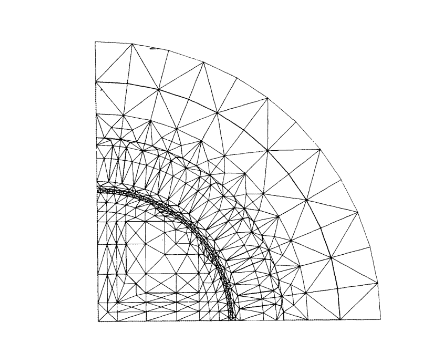 | L’héritage de Roland Glowinski Bensoussan, Alain; Pironneau, Olivier Comptes Rendus. Mécanique, Volume 351 (2023) no. S1, pp. 1-16 |
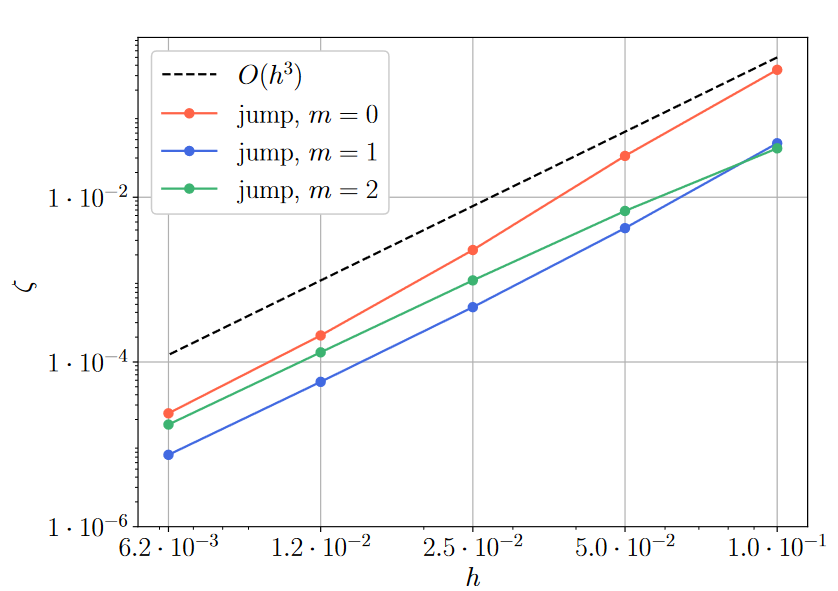 | Bénard, Sabrina; Cappanera, Loic; Herreman, Wietze; Nore, Caroline Comptes Rendus. Mécanique, Volume 351 (2023) no. S1, pp. 1-20 |
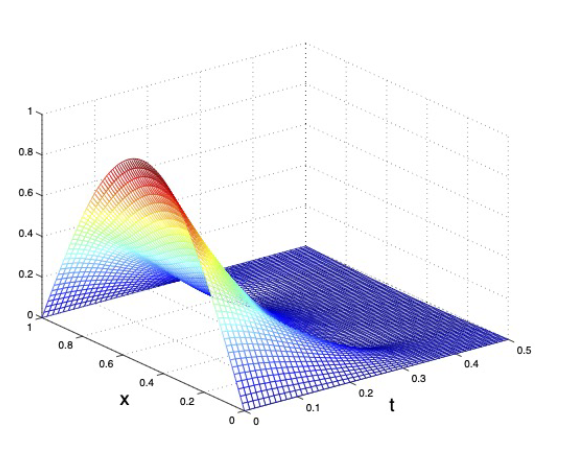 | Glowinski et le contrôle numérique Fernández-Cara, Enrique Comptes Rendus. Mécanique, Volume 351 (2023) no. S1, pp. 1-20 |
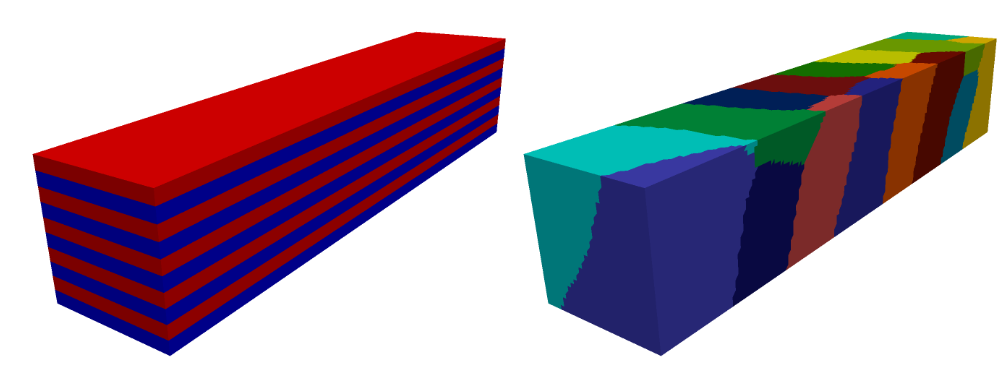 | Une méthode de décomposition de domaine GenEO pour les problèmes de points selle Nataf, Frédéric; Tournier, Pierre-Henri Comptes Rendus. Mécanique, Volume 351 (2023) no. S1, pp. 1-18 |
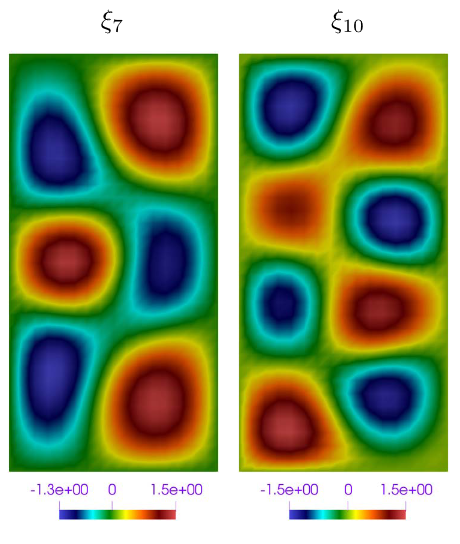 | A linear filter regularization for POD-based reduced-order models of the quasi-geostrophic equations Girfoglio, Michele; Quaini, Annalisa; Rozza, Gianluigi Comptes Rendus. Mécanique, Volume 351 (2023) no. S1, pp. 1-21 |
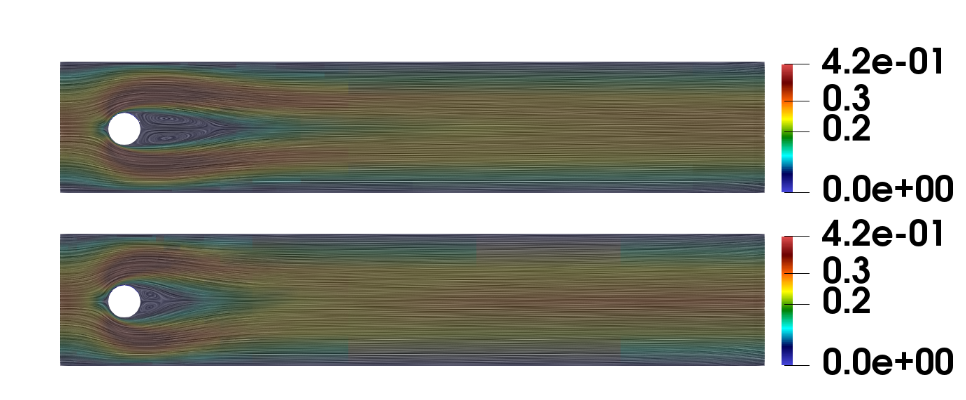 | Beuchler, Sven; Endtmayer, Bernhard; Lankeit, Johannes; Wick, Thomas Comptes Rendus. Mécanique, Volume 351 (2023) no. S1, pp. 1-23 |
 | Un complexe div-div discret avec sérendipité sur maillages polygonaux Botti, Michele; Di Pietro, Daniele A.; Salah, Marwa Comptes Rendus. Mécanique, Volume 351 (2023) no. S1, pp. 1-31 |
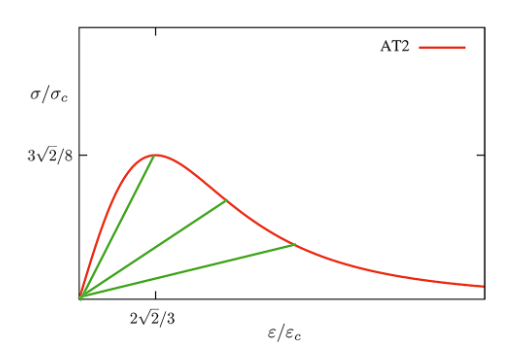 | Marigo, Jean-Jacques Comptes Rendus. Mécanique, Volume 351 (2023) no. S1, pp. 1-23 |
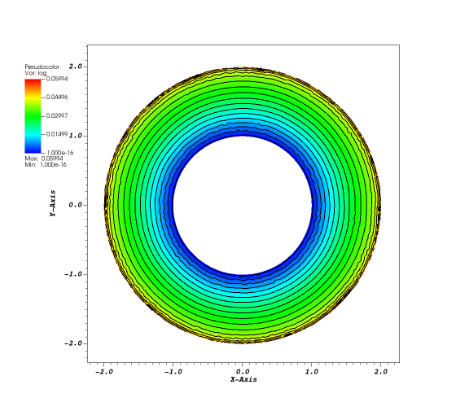 | Evaluating a distance function Abgrall, Rémi Comptes Rendus. Mécanique, Volume 351 (2023) no. S1, pp. 1-11 |
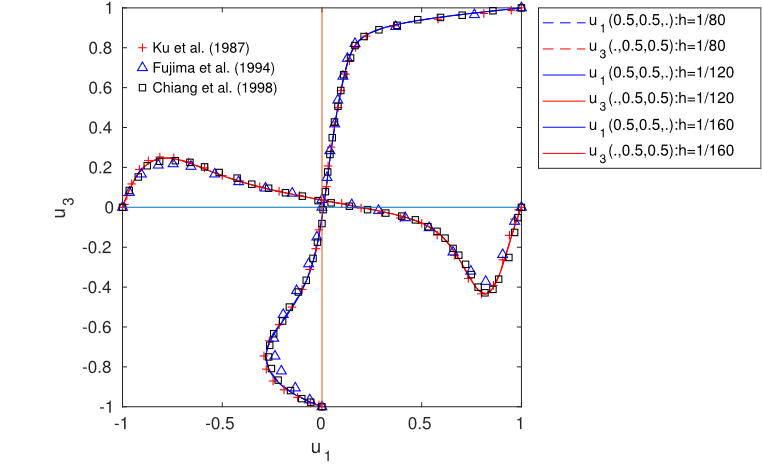 | Numerical study of transitions in lid-driven flows in shallow cavities Pan, Tsorng-Whay; Chiu, Shang-Huan; Guo, Aixia; He, Jiwen Comptes Rendus. Mécanique, Volume 351 (2023) no. S1, pp. 1-17 |
 | A viscoelastic flow model of Maxwell-type with a symmetric-hyperbolic formulation Boyaval, Sébastien Comptes Rendus. Mécanique, Volume 351 (2023) no. S1, pp. 1-9 |
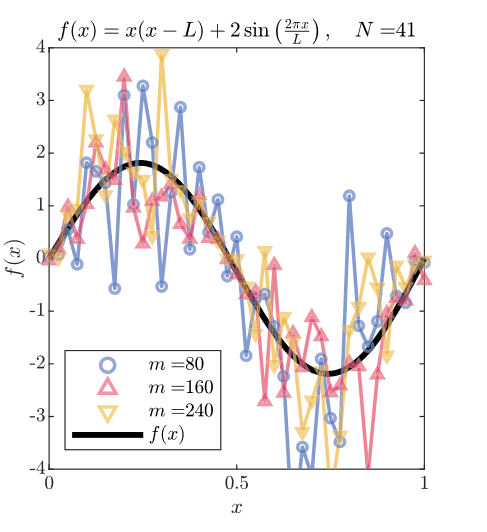 | A quantitative analysis of Koopman operator methods for system identification and predictions Zhang, Christophe; Zuazua, Enrique Comptes Rendus. Mécanique, Volume 351 (2022) no. S1, pp. 1-31 |
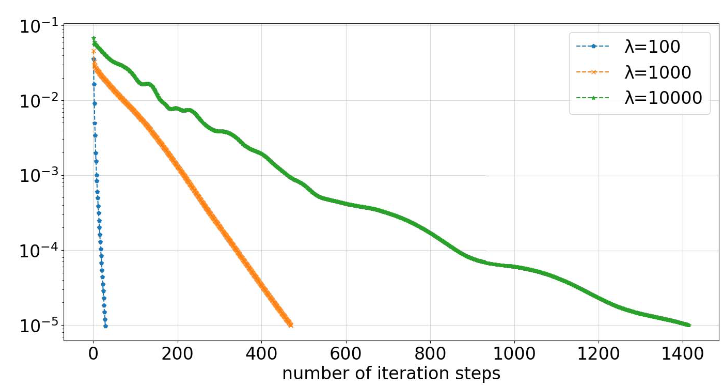 | Nonlinear iterative approximation of steady incompressible chemically reacting flows Gazca-Orozco, Pablo Alexei; Heid, Pascal; Süli, Endre Comptes Rendus. Mécanique, Volume 351 (2022) no. S1, pp. 1-25 |
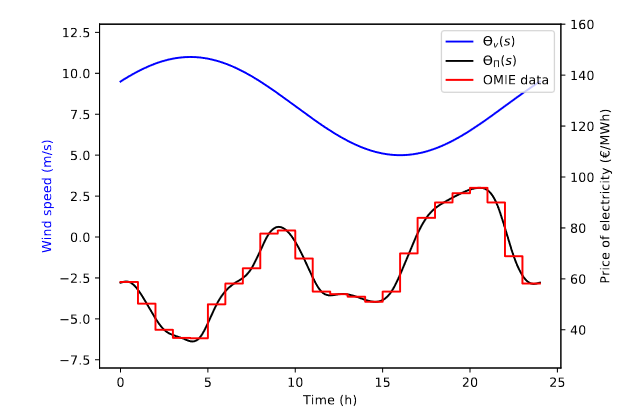 | Bermúdez, Alfredo; Padín, Iago Comptes Rendus. Mécanique, Volume 351 (2024) no. S1, pp. 1-22 |
 | Avant-propos du numéro spécial des Comptes Rendus Mécanique à la mémoire de Roland Glowinski Allaire, Grégoire; Coron, Jean-Michel; Girault, Vivette Comptes Rendus. Mécanique, Volume 351 (2024) no. S1, pp. 1-3 |
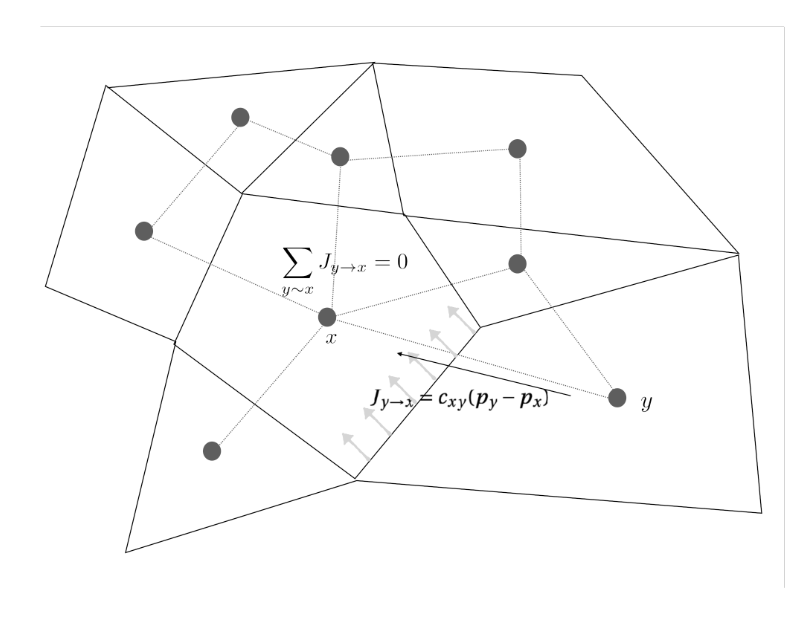 | Laplaciens déficients et phénomènes paradoxaux dans la modélisation des mouvements de foule Maury, Bertrand Comptes Rendus. Mécanique, Volume 351 (2023) no. S1, pp. 1-32 |
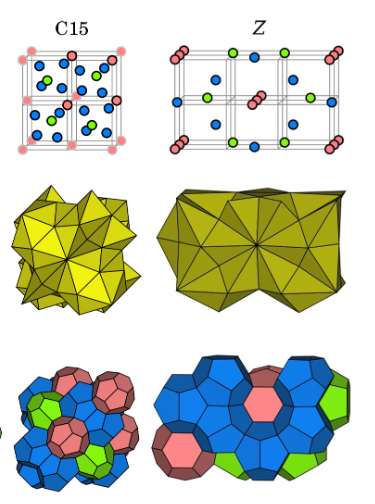 | Électromagnétique harmonique temporelle avec contrôlabilité exacte et calcul extérieur discret Mönkölä, Sanna; Räbinä, Jukka; Rossi, Tuomo Comptes Rendus. Mécanique, Volume 351 (2023) no. S1, pp. 1-19 |
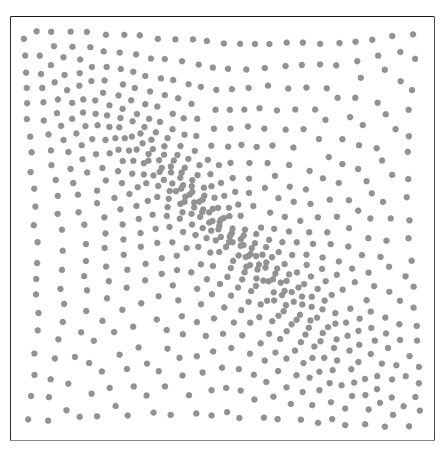 | Méthodes éléments de réseau pour l’élasticité linéaire Coatléven, Julien Comptes Rendus. Mécanique, Volume 351 (2023) no. S1, pp. 1-26 |
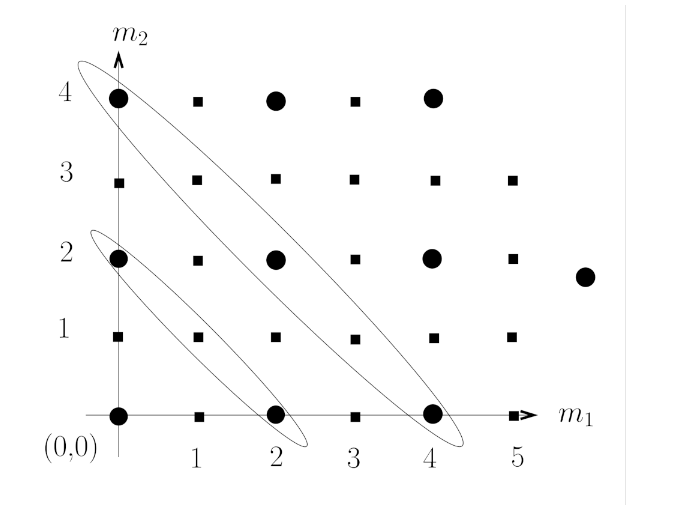 | Discrete moments models for Vlasov equations with non constant strong magnetic limit Charles, Frédérique; Després, Bruno; Dai, Ruiyang; Hirstoaga, Sever A. Comptes Rendus. Mécanique, Volume 351 (2023) no. S1, pp. 1-23 |
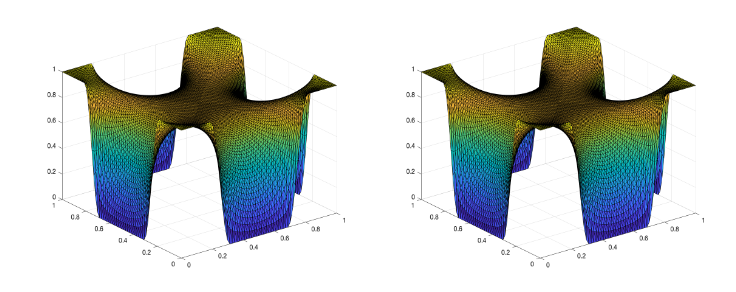 | Méthode des éléments finis pour une équation de Pucci à deux dimensions Brenner, Susanne C.; Sung, Li-yeng; Tan, Zhiyu Comptes Rendus. Mécanique, Volume 351 (2023) no. S1, pp. 1-16 |
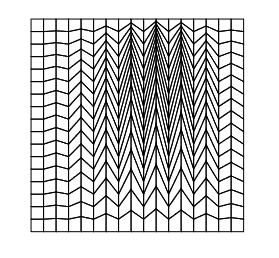 | Enchéry, Guillaume; Agélas, Léo Comptes Rendus. Mécanique, Volume 351 (2023) no. S1, pp. 1-16 |

